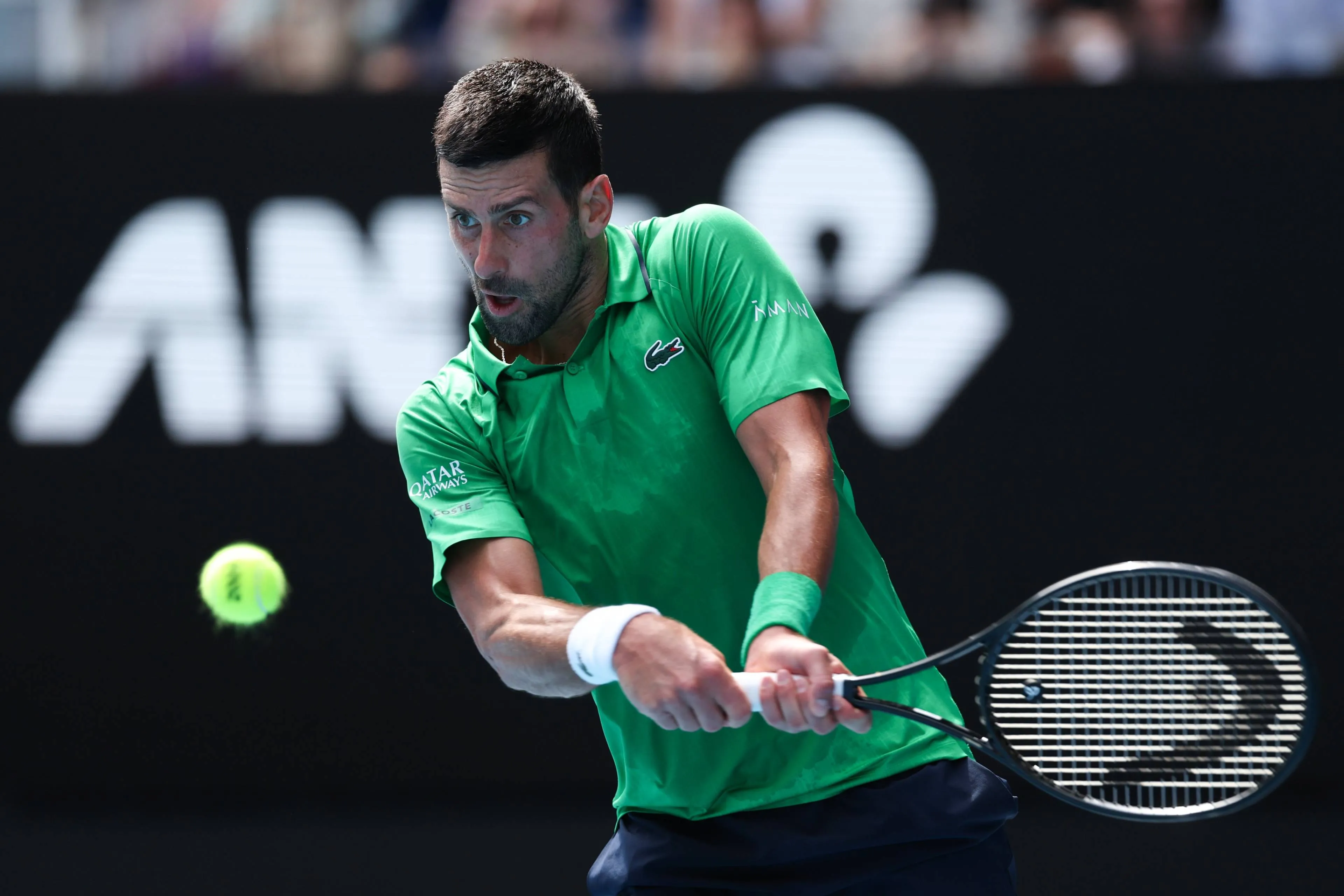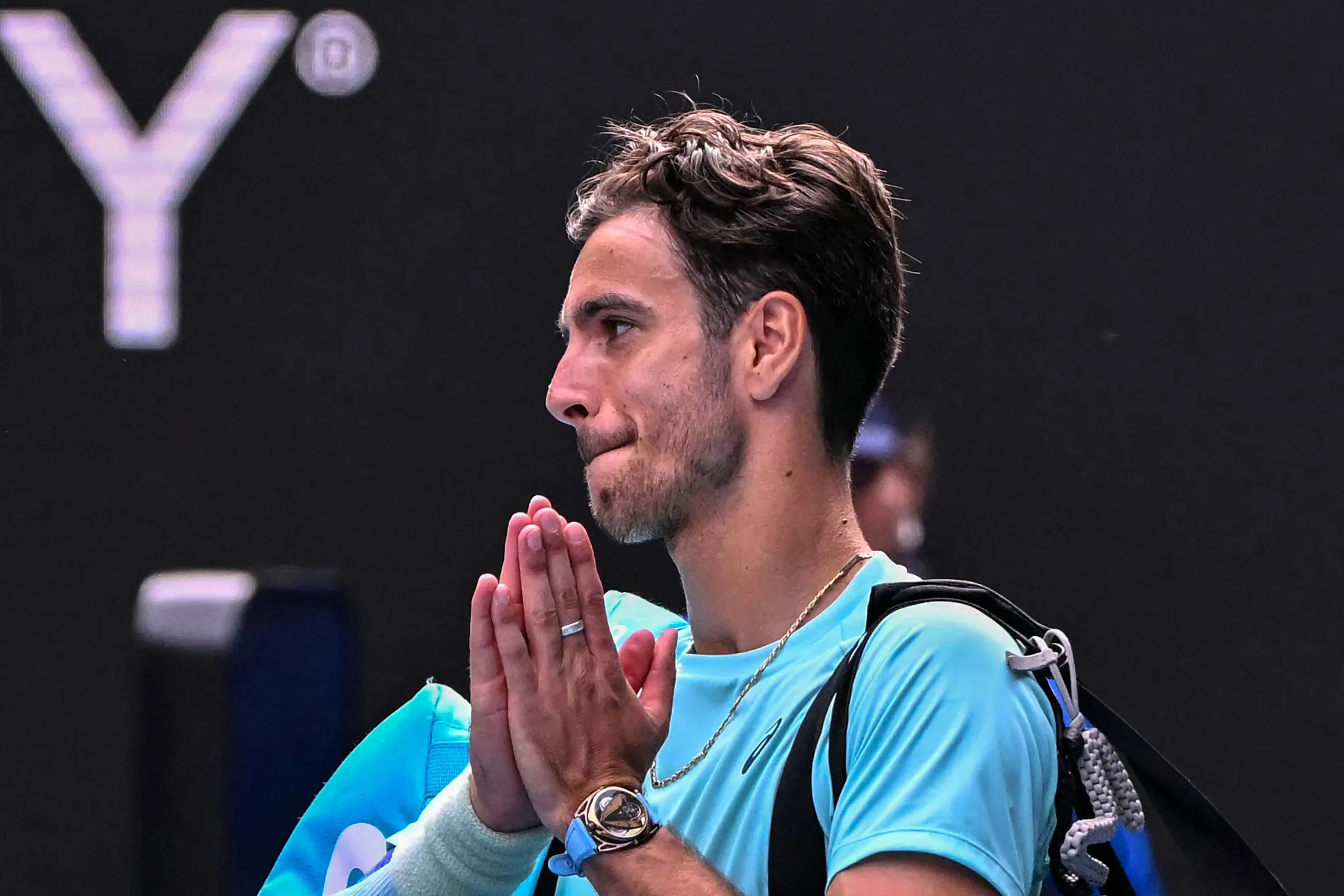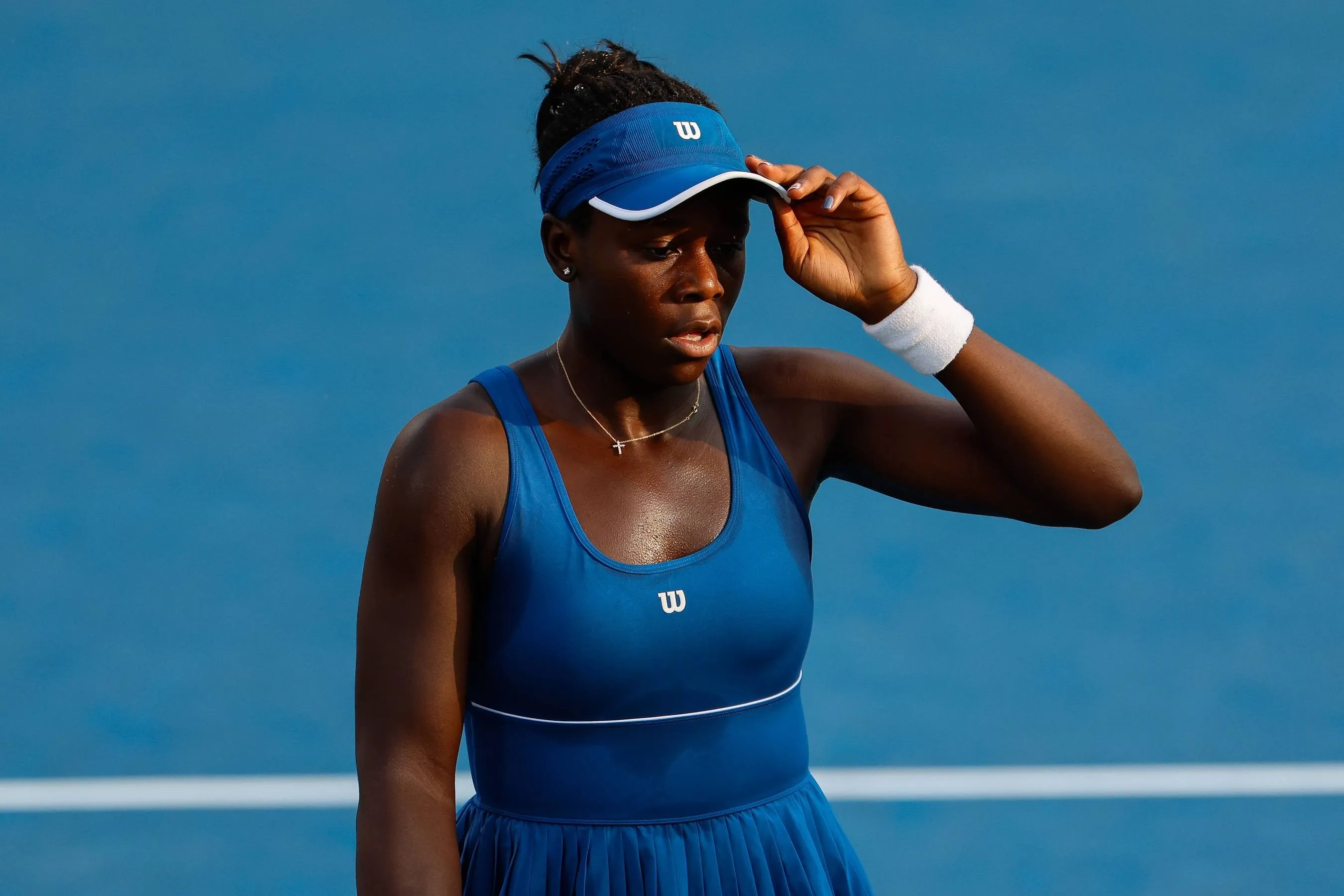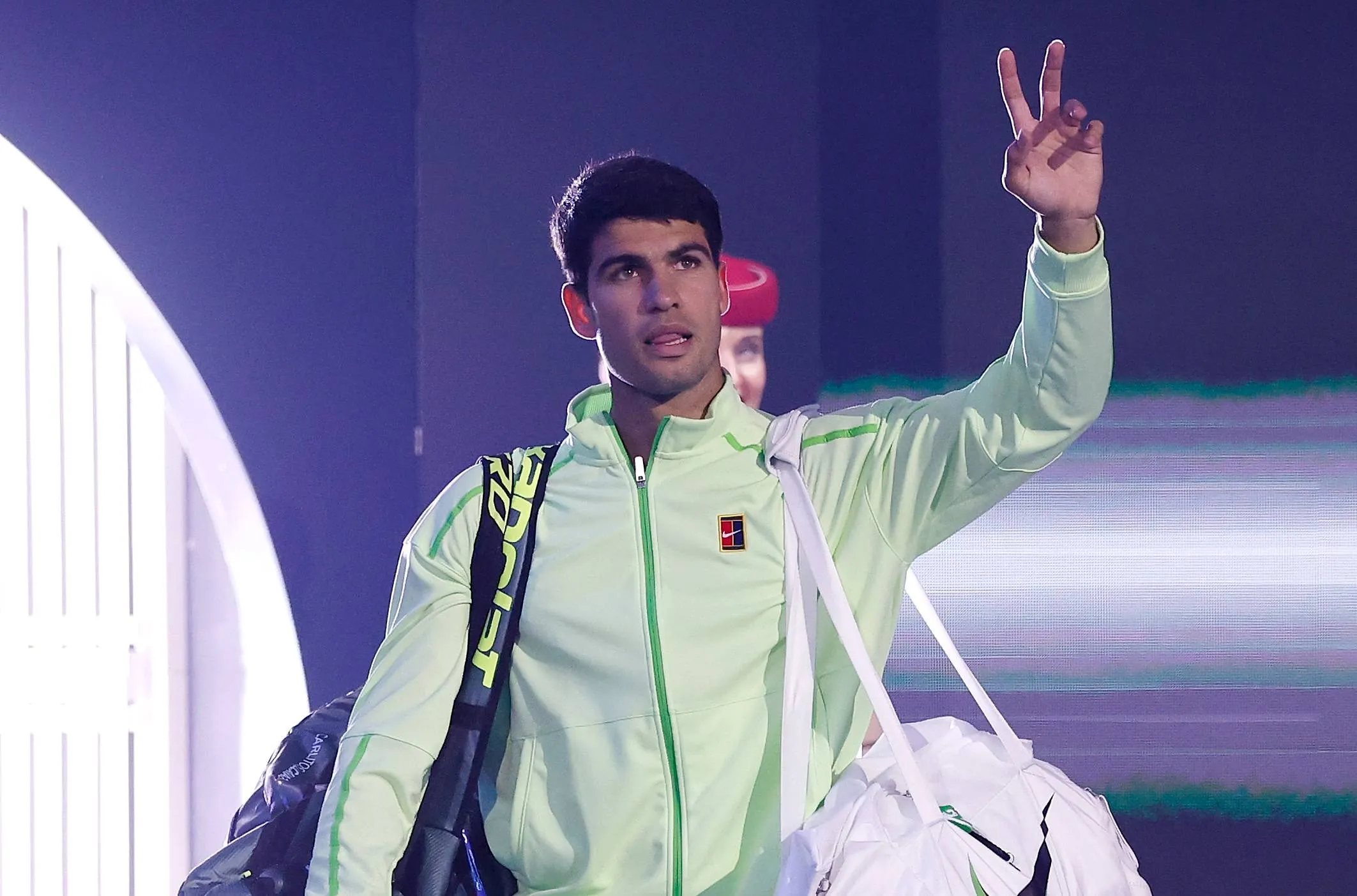"It takes more to speak up then be quiet" - Naomi Osaka on mental health
WTAWednesday, 08 June 2022 at 18:00
Updated at Friday, 13 December 2024 at 19:57

Naomi Osaka grew up keeping quiet, but eventually, she realized that it's far more courageous to speak up about her personal struggles.
Osaka famously made headlines last year when she withdrew from the French Open to focus on her mental well-being. Since then, she became an advocate for mental health not only on the WTA Tour, but also in the world of sports.
Recently, the four-time Grand Slam champion spoke to Harper's Bazaar after she partnered with Modern Health, which is a mental health platform.
"I hope by working together we can help others join the conversation and also offer clinically backed resources because too often people want the help of a professional and just don't know how to find it."
Read also
In the interview, the Japanese player opened up about how she saw the world when growing up. Back then, she wasn't really the one to speak up, choosing to stay quiet instead.
"Growing up, I kept quiet about my feelings and, in particular, about times when I felt anxious or just not myself. I do think even though mental health is a topic we are starting to be more open about, for some people, there is still a stigma attached."
"After speaking up, my view on expressing the need for a break or space or help really changed. Speaking up and being really honest with everyone has allowed me such freedom and a sense of relief, and the outpouring from others about their own struggles made me feel less alone."
Read also
Over the years, however, Osaka realized that speaking up is much more impactful than remaining quiet, which is what she started doing. From the feedback she received, it helped many.
"So many people reached out to me privately and publicly, and it really was helpful for me to know that I wasn't alone, but also that I was able to help someone else. The mental health conversation in sports has really just started, but I am really optimistic about the direction it is moving in."
"I see more than ever that athletes are speaking up without shame or stigma, and rather than being looked at as weak, they are being regarded as human. This needs to become the standard rather than the exception."
Read also
Loading









